The 9 "Zero-Calorie" Drinks That Still Wreck Your Blood Pressure Numbers
When a label reads “zero calories,” it’s easy to assume what’s inside is a safe bet for your heart and blood pressure. But the reality is often more complicated—and maybe not the story most of us want to hear. Many popular zero-calorie drinks are packed with ingredients that can quietly nudge blood pressure higher, even if they seem harmless or health-smart at a glance. Artificial sweeteners, caffeine, and hidden sources of sodium all play a role in how our beverages interact with our cardiovascular system. For many people, making subtle changes to blood pressure numbers is about more than swapping out sugary sodas. Sometimes, that “diet” drink in your hand is sending just as strong a message to your arteries and kidneys as regular soda. The science isn’t always simple—conflicting studies, individual differences, even the way habits add up over weeks and years. But one thing is clear: informed choices matter. Whether you’re managing hypertension, supporting family, or just aiming for extra energy in your step, clarity helps you feel in control. This list isn’t meant to instill fear or take away every little pleasure. It’s a gentle invitation to look beyond the “zero-calorie” promise and pause before the next sip. Let’s explore which drinks can make it harder to keep those blood pressure numbers steady—and how that knowledge can guide you to even better choices.
1. Diet Coke
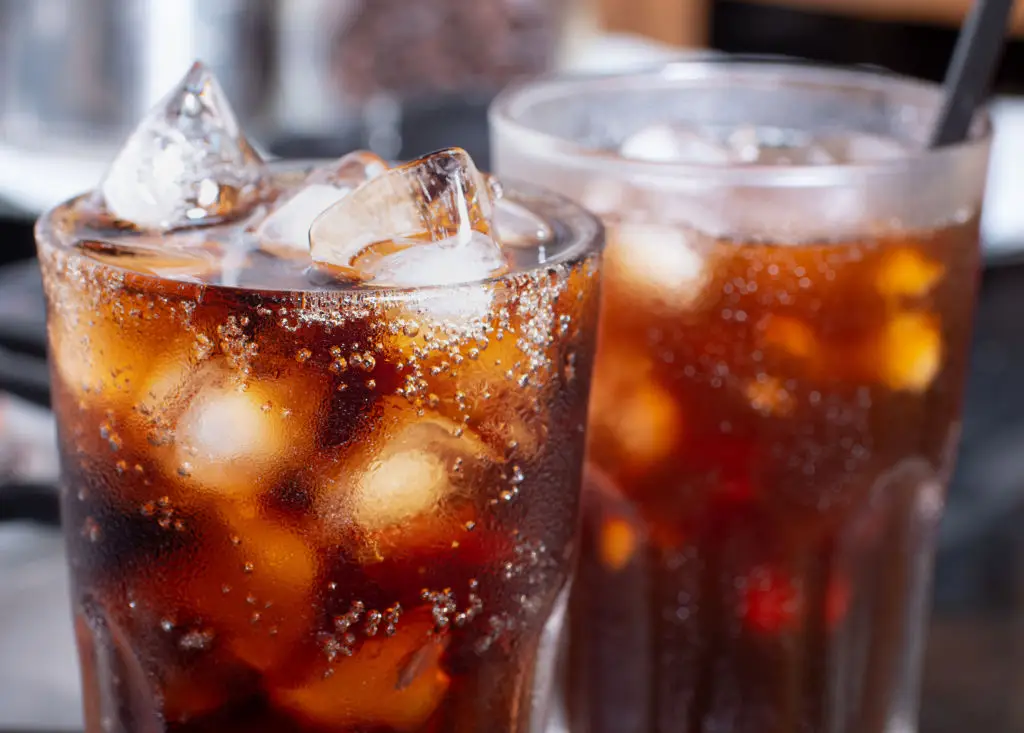
Diet Coke is practically a fixture in refrigerators and vending machines across America. Its appeal? Sweetness without sugar. But behind the familiar silver can, aspartame plays a starring role as the main sweetener. Research has found that frequent Diet Coke consumption is far from harmless—one major study found a 48% higher risk of heart attack or stroke for regular drinkers compared to non-diet soda drinkers. What’s more, aspartame can influence how the body manages sodium and impacts the delicate balance needed for healthy blood pressure. Kidney function, too, is a concern: long-term studies show that women who drink multiple servings daily may experience a significant decline, which can further push blood pressure upward. While Diet Coke cuts calories, it doesn’t cut all risk. That’s why it pays to read labels and reconsider how often it lands in your glass. If you reach for Diet Coke out of routine, remember: habits can be reshaped gently and gradually. There’s value in every mindful step.
2. Diet Pepsi
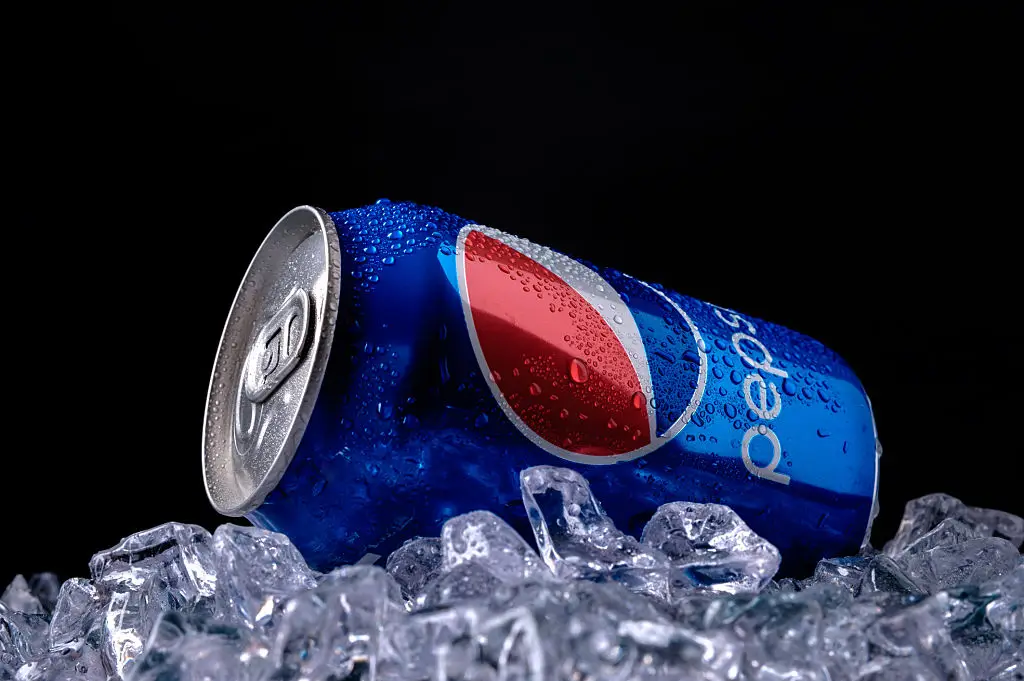
Diet Pepsi may go toe-to-toe with its cola rival in taste tests, but its effects on blood pressure tell a similar cautionary tale. Like Diet Coke, this drink features aspartame—sometimes blended with another artificial sweetener, acesulfame potassium, known as Ace-K. Research points to a connection between these sweeteners and the cluster of conditions known as metabolic syndrome—a group that includes high blood pressure as a central feature. Diet Pepsi fans might be surprised to learn that some of the same vascular changes linked to sugar-sweetened beverages appear with artificially sweetened ones as well. Add in the subtle sodium content, and you have a recipe that can nudge blood pressure in the wrong direction when consumed regularly. But here’s some good news: your body is responsive and resilient. Shifting soda-drinking habits—even a little—can support your heart in ways you’ll feel over time. Trade a can here and there, and your arteries may silently thank you.
3. Coke Zero Sugar
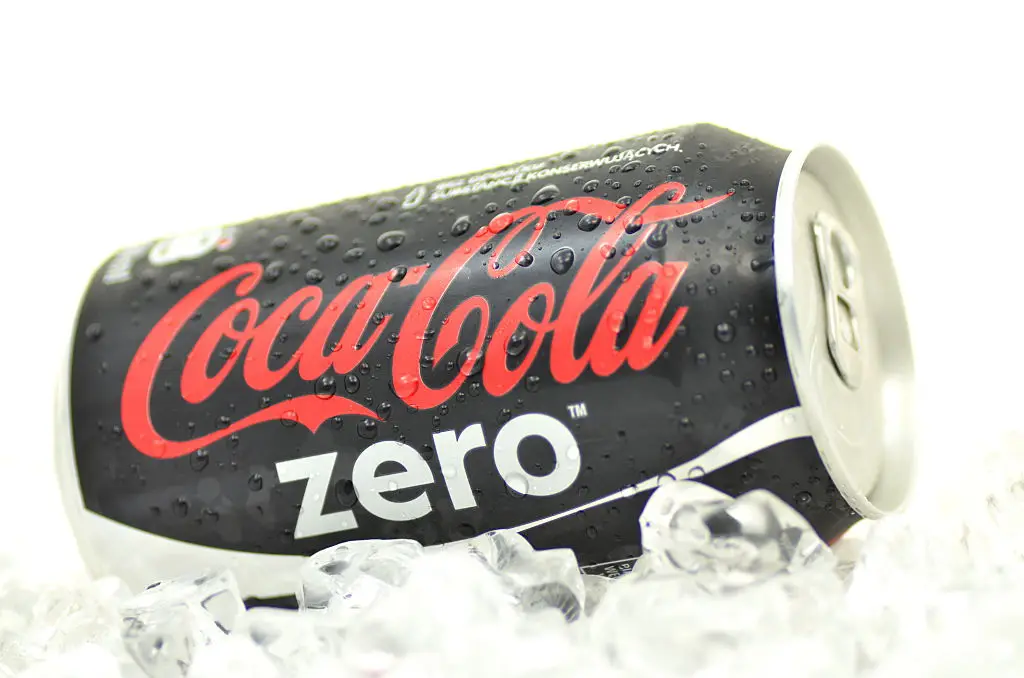
Marketed as the “healthier” alternative for those who love the classic soda taste, Coke Zero Sugar blends aspartame with sucralose to win over calorie-conscious consumers. Yet those zero calories don’t guarantee a free pass where blood pressure is concerned. Studies investigating artificially sweetened sodas have linked them to increased risk for high blood pressure and metabolic disturbances. The science suggests that both aspartame and sucralose may disrupt some of the body's natural ways of handling sodium and vascular tone, especially with high or daily intake. While caffeine content per serving varies, any added stimulant can contribute to a short-term rise in blood pressure—a double whammy if you’re sensitive. All this means it’s wise to view Coke Zero Sugar not as a fail-proof swap, but as a treat to be enjoyed with awareness. If you love the taste, balance it out with water, seltzer, or naturally flavored alternatives for the majority of your day.
4. Sprite Zero
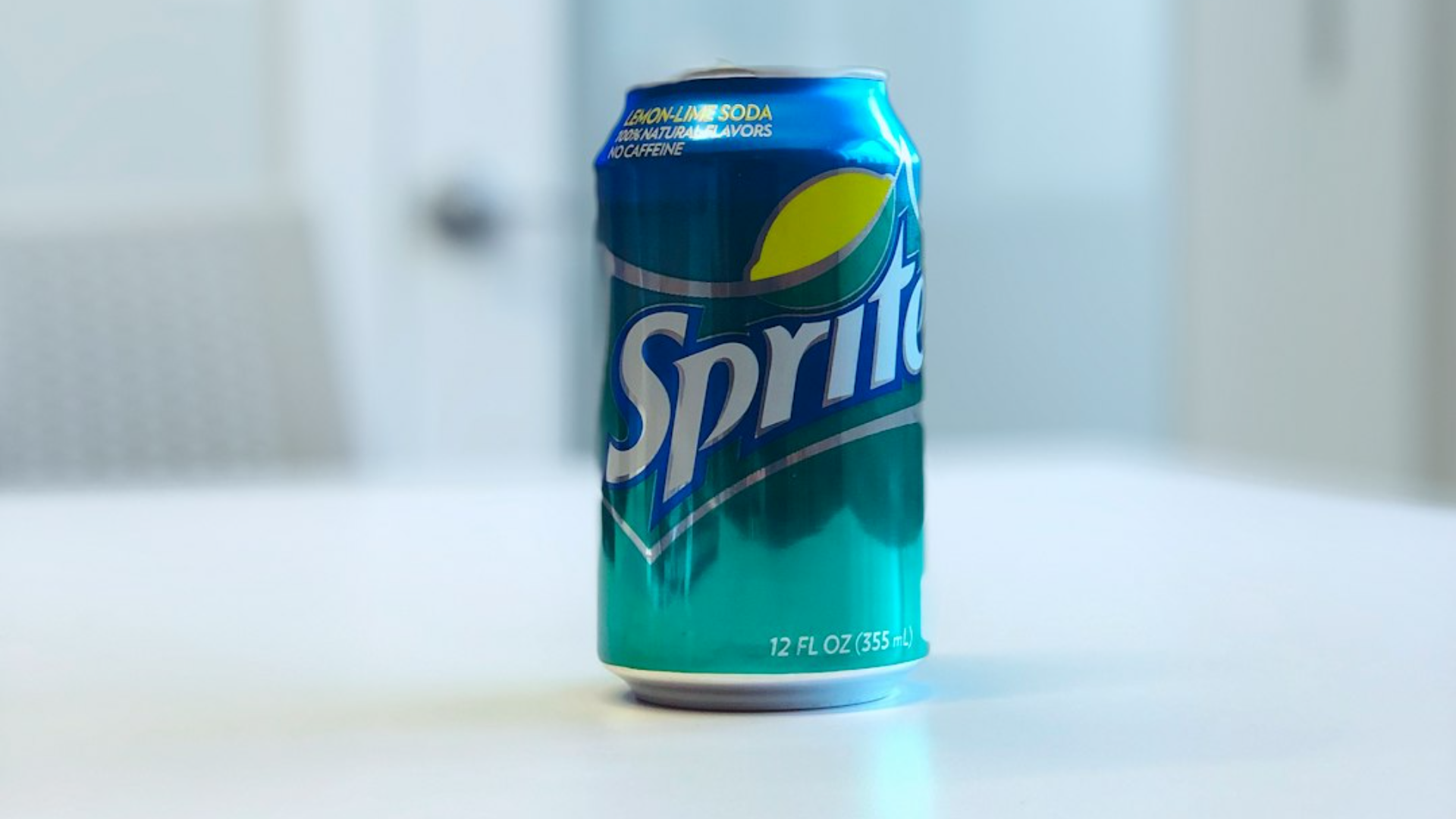
Sprite Zero delivers that crisp, lemon-lime flavor so many crave—minus the sugar rush. The “zero” comes from using aspartame and Ace-K rather than calorie-heavy sweeteners, but the cardiovascular impact can still cut through the refreshment. Sodium content in Sprite Zero is generally modest but becomes relevant if you drink several cans, especially since sodium and artificial sweeteners may team up to undermine healthy blood pressure levels. Emerging evidence suggests that artificially sweetened citrus sodas have similar risks to cola-flavored varieties, only without the caffeine factor. That means Sprite Zero’s effects are mainly linked to sweetness chemistry and how your veins respond. Even here, little shifts count. If citrus sodas are your go-to, consider enjoying them just a bit less often, letting each can feel more like a conscious treat. The real refreshment, as always, may come from simple, unsweetened sips in between.
5. Diet Dr Pepper
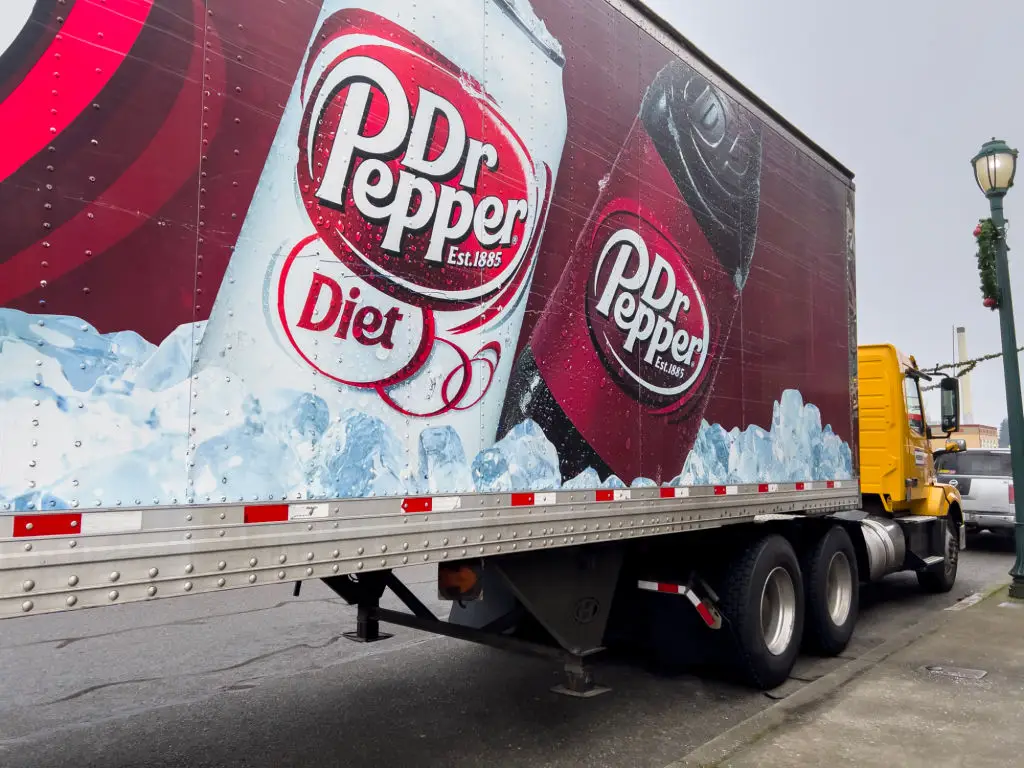
Diet Dr Pepper blends classic flavors and a cult following with an ingredient list that includes aspartame and, in some versions, Ace-K. These sweeteners give a soda-like experience without the calories but don’t spare your blood pressure the hidden stress. Medical experts say that artificial sweeteners can trigger changes in tiny blood vessels, making them less responsive and giving your heart a little more work to do each day. Excess sodium, while not obvious on the label, may add up with regular consumption—especially for those watching their salt intake. Despite its reputation as a “smarter” soda, Diet Dr Pepper isn’t immune from the risks connected to metabolic syndrome or kidney-related blood pressure issues. If it’s your favorite fizzy fix, try savoring a smaller glass rather than defaulting to another refill. Remind yourself: supporting your heart is always a worthwhile habit.
6. Sugar-Free Red Bull
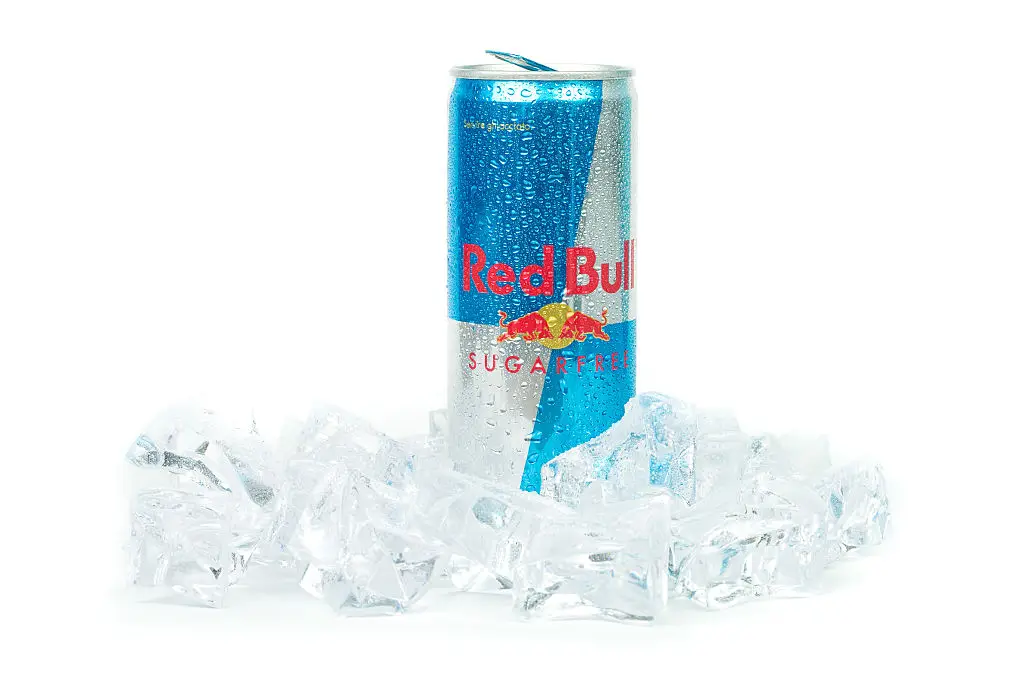
Sugar-Free Red Bull might promise an energy boost with no calories, but that rush comes at a cost not always highlighted in ads. Caffeine levels are high enough in even a single can to send your blood pressure upward for hours, putting extra strain on arteries and your heart. The drink also uses aspartame and Ace-K, sweeteners linked with kidney function decline and metabolic risk factors. What’s more, combining caffeine and artificial sweeteners can have unpredictable effects—some people see sharper blood pressure spikes, especially if those drinks aren’t balanced with enough water or movement during the day. Studies on energy drinks find connections between frequent consumption and cardiovascular incidents, including arrhythmia and hypertension. If you reach for Sugar-Free Red Bull on tired afternoons, it’s easy to understand why. Just remind yourself: steady energy and steady blood pressure are long-term allies, and there are gentler ways to keep both in balance.
7. Monster Energy Zero Ultra
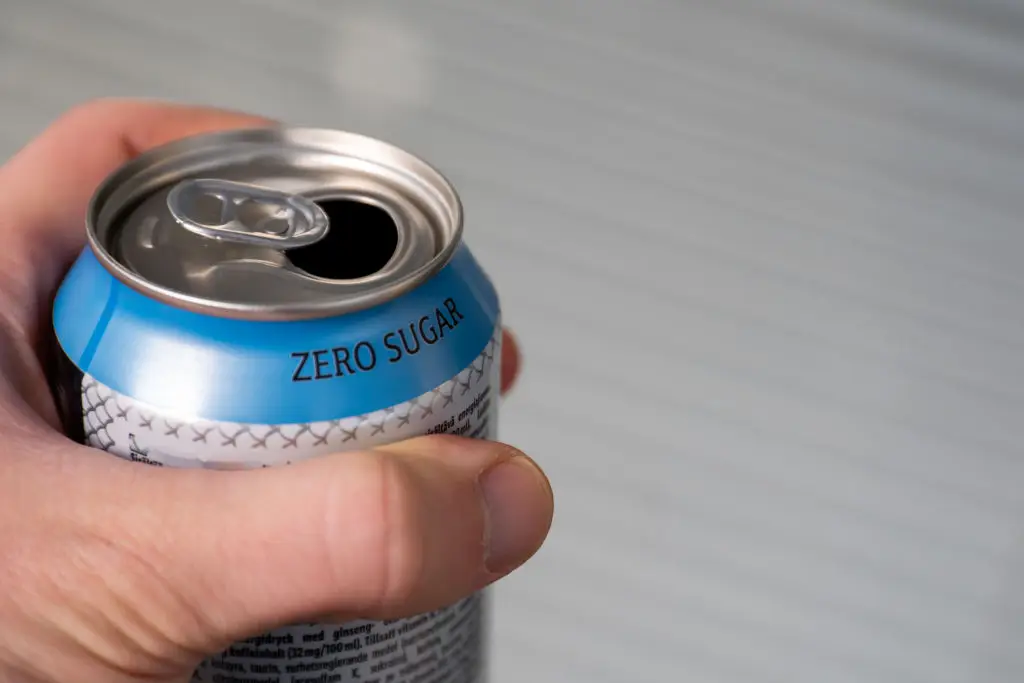
Monster Energy Zero Ultra pours big flavor into a frosty white can, billing itself as the zero-calorie answer to full-sugar energy drinks. The label reveals a trio of sweeteners (sucralose, Ace-K, erythritol), plenty of caffeine, and a modest kick of sodium for taste. All these together can stress the cardiovascular system—a jolt of caffeine can raise your blood pressure in the short term, and artificial sweeteners add their own layer of vascular strain with heavy use. Sodium, even in small amounts, matters if you enjoy energy drinks often. Researchers have raised concerns about how these ingredients may interact, especially for people sensitive to blood pressure fluctuations or with a history of hypertension. The upside? You have choices. If Monster is part of your daily routine, alternate in caffeine-free or naturally sweetened options, keeping your energy—and pressure—on a more even keel.
8. Crystal Light Lemonade
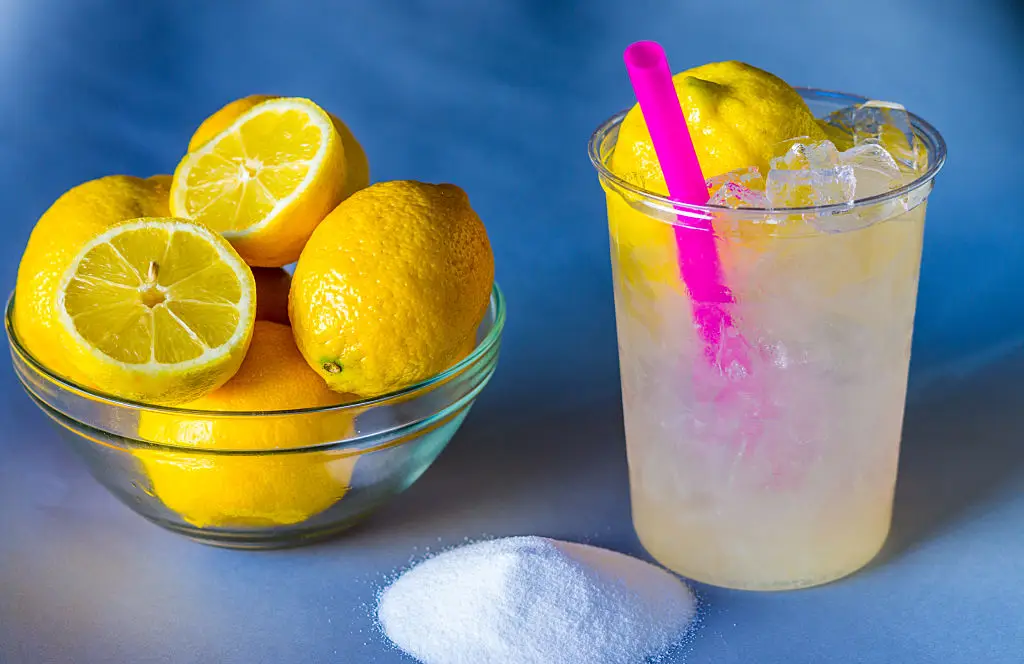
Crystal Light Lemonade seems like a harmless way to enjoy fruity flavor with hardly any calories, especially compared to regular sodas or juices. But its convenience masks a long ingredient list—most notably, aspartame. Studies have shown that the kind of repeated intake many people develop can pose problems for blood vessel flexibility and prompt gradual kidney function decline, both of which influence blood pressure control over years. The powdered form means it’s easy to use more than the recommended serving, inadvertently increasing the amount of sweetener you’re taking in. Experts encourage label reading and keeping tabs on cumulative intake—especially since many of these additives also appear in yogurt, gum, and other diet foods. Crystal Light works well as an occasional treat, but it’s worth balancing with plenty of plain water and herbal infusions for true, feel-good hydration.
9. Vitaminwater Zero
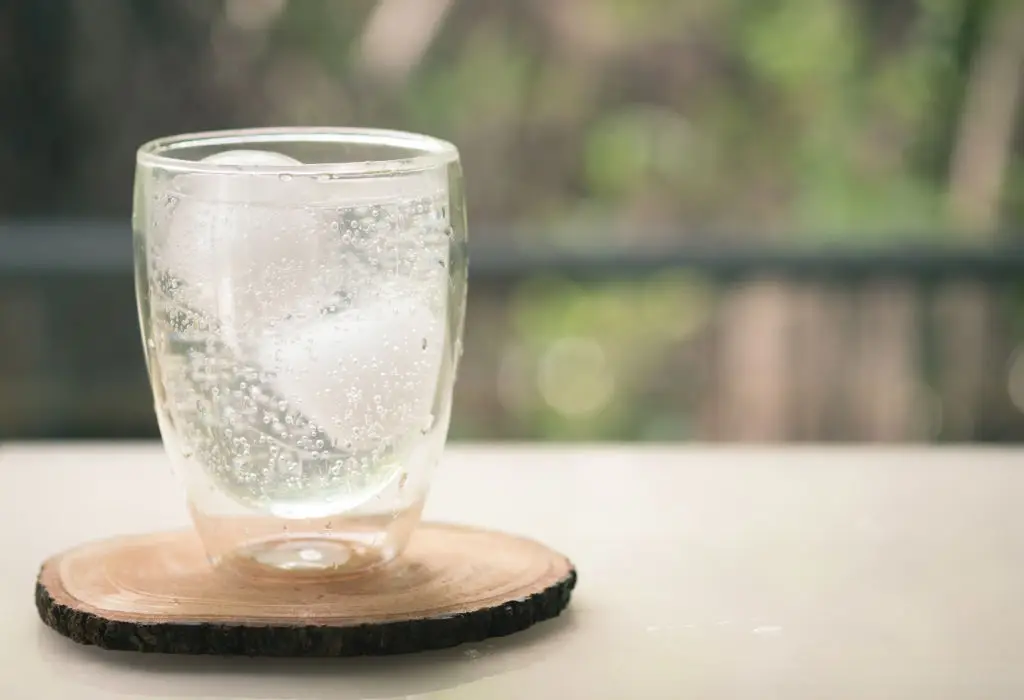
Vitaminwater Zero stands out for its punchy flavors and sparkling colors—yet it’s not always a slam-dunk for heart health. Blended with sweeteners like erythritol and stevia (reb A), this drink avoids aspartame but sometimes adds sodium and caffeine, with certain flavors pushing levels higher than expected. While those plant-derived sweeteners may seem gentler, studies show that erythritol can affect how blood vessels dilate, and excess sodium can creep up with regular consumption, raising blood pressure risk over time. If you’re drawn to Vitaminwater Zero’s promise of vitamins and hydration, remember that real wellness springs as much from what you leave out as from what you put in. A thoughtful mix of plain water, fruits, and mindful additions of truly zero-sodium mixes is often the best tonic for your heart.
10. Bonus Section: Better Beverage Habits for Blood Pressure
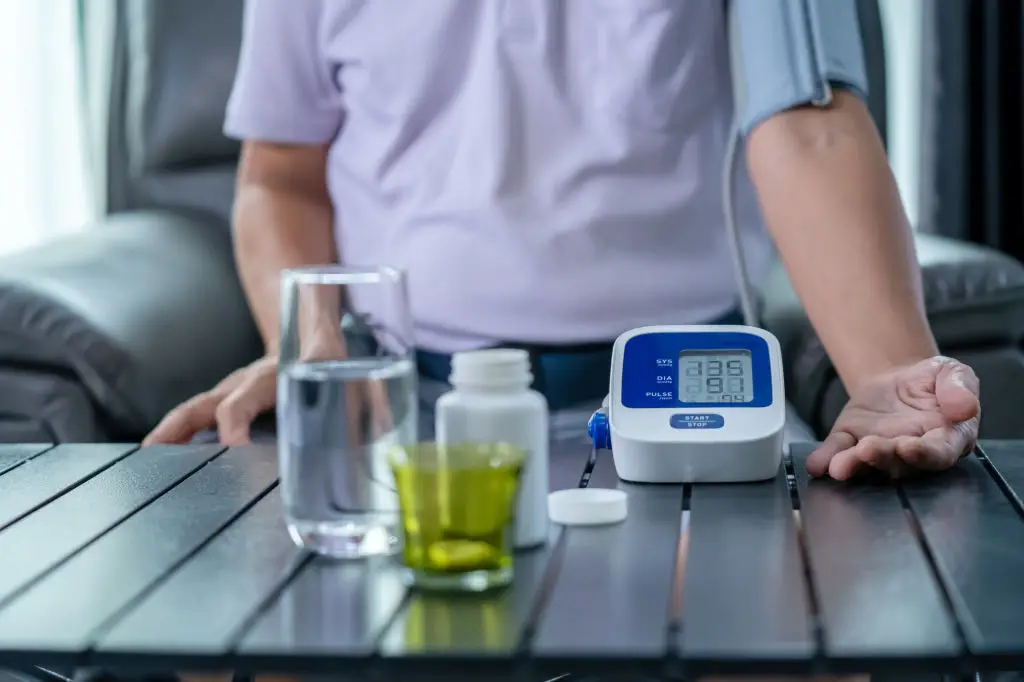
Empowering yourself with smart beverage choices isn’t about strict rules or giving up the enjoyment of flavor. Instead, it’s about finding small ways to nurture your blood pressure and your spirit through what you drink each day. Start by taking a closer look at those labels—pay special attention to sodium, caffeine, and “hidden” sweeteners in every can, packet, or bottle. Limit energy drinks if you’re sensitive to pressure spikes, and remember that caffeine-free, unsweetened herbal teas can satisfy with warm, gentle flavor. Try infusing your water with lemon, cucumber, or mint for extra interest, or explore naturally flavored seltzer without added sweeteners. If you do enjoy zero-calorie sodas, aim for moderation, savoring them occasionally rather than as a default drink. Most importantly, offer yourself patience and celebrate progress. Every little improvement adds up over time, and your heart appreciates each step you take.
11. FAQ: Is Any Zero-Calorie Drink Heart-Healthy?
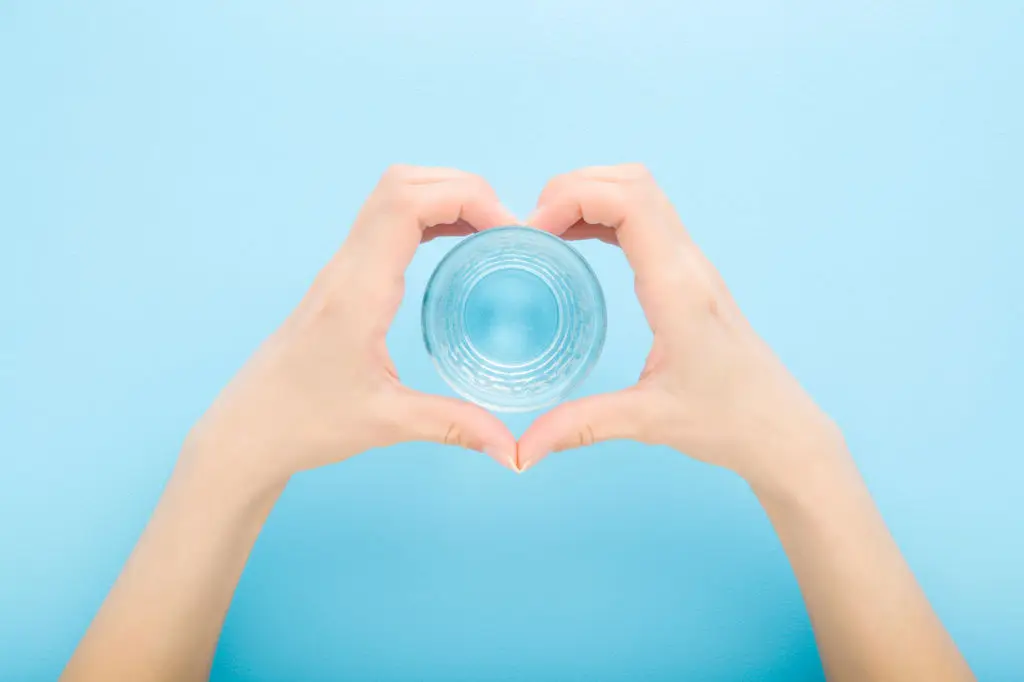
Many readers wonder if there’s truly a zero-calorie drink that’s both safe and heart-healthy. The answer? Plain, filtered water remains the gold standard—hydrating, gentle, and absolutely neutral on blood pressure for most people. Naturally flavored seltzers, free from added sweeteners or sodium, are an excellent occasional choice for variety. Unsweetened herbal or green teas can also be supportive, but keep caffeine content in mind. Steer clear of drinks with long lists of chemical additives, or those that promise energy without clear evidence of safety. Remember—it’s about pattern, not perfection. It’s okay to enjoy a favorite zero-calorie soda or energy drink now and then. What matters most is your overall intake, your awareness, and how those choices fit your lifestyle and health goals. If you’re ever unsure, checking in with your healthcare provider can provide added peace of mind.
Honoring Progress, Not Perfection, in Your Beverage Choice
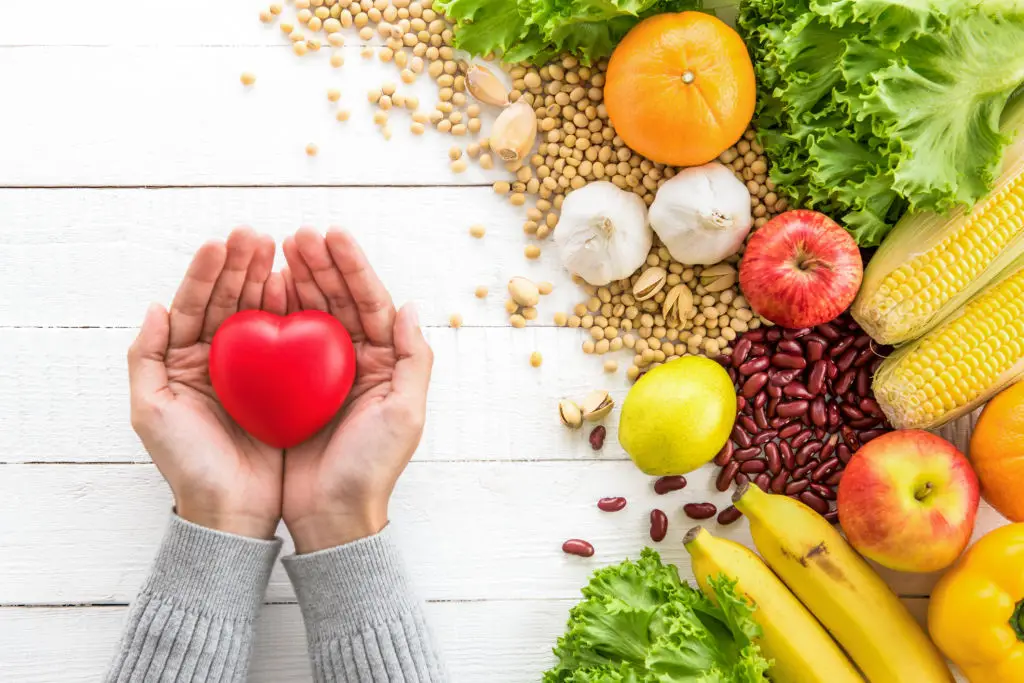
Looking past the “zero-calorie” marketing and learning what’s really in your glass is a powerful act of self-care—one that supports your heart, your energy, and your confidence every day. The journey to healthier blood pressure isn’t about cutting out joy or forbidding yourself small pleasures; it’s about gently tuning in, noticing patterns, and giving yourself the compassionate guidance you deserve. Science tells us those daily drinks matter, but so does kindness to ourselves, flexibility, and a willingness to grow. Whether you’re cutting back on diet sodas, swapping in sparkling water, or simply paying more attention, you’re already making choices that honor both your wisdom and vitality. Here’s to each thoughtful sip—may it nourish not just your body, but your sense of possibility, every step of the way.
